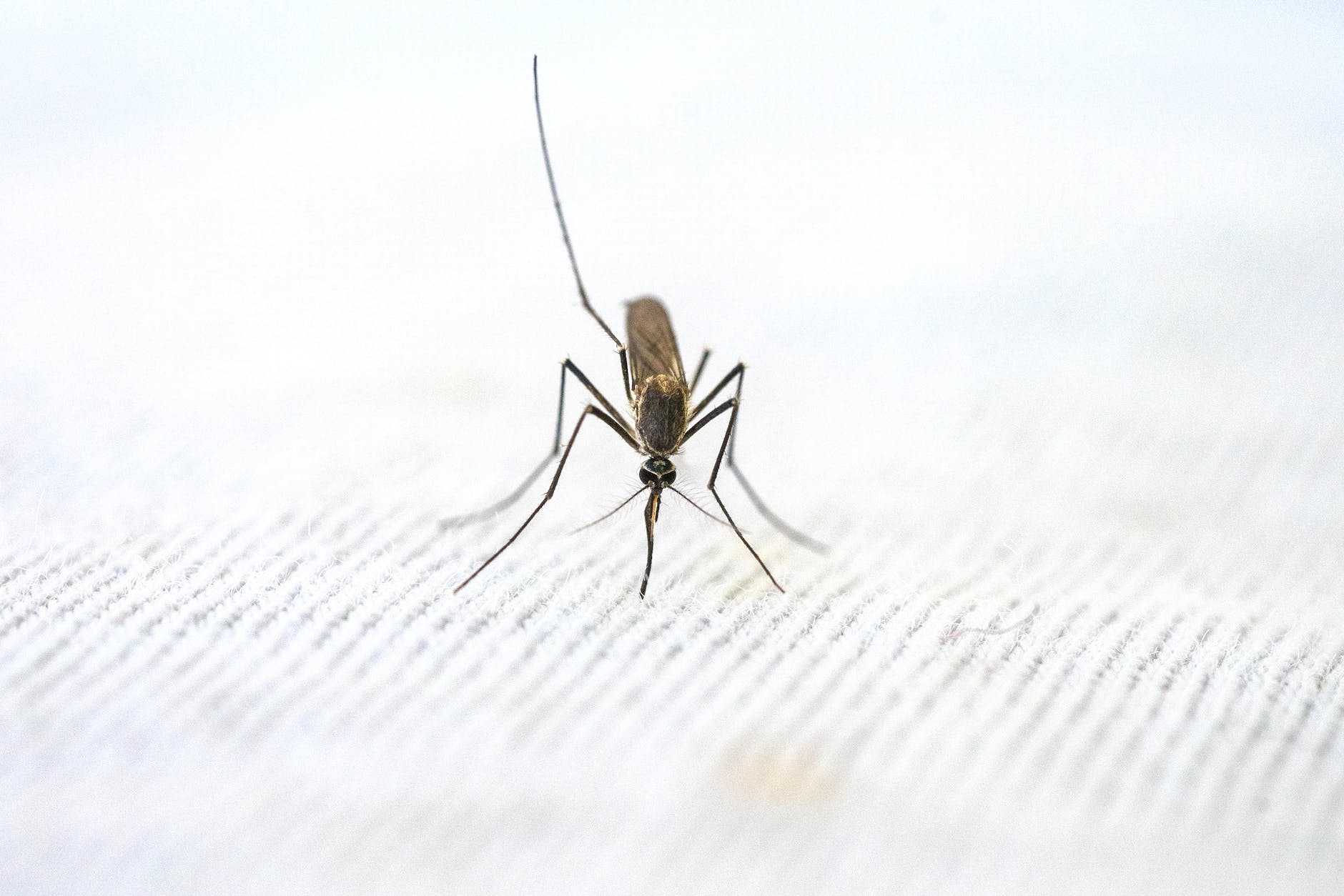Malaria parasites are able to evade the human immune system by hiding in cells, according to a new study. The findings, published in the journal Nature, could lead to new ways of treating the disease. Malaria is caused by a parasite that is transmitted to humans by mosquitoes. The parasite then infects red blood cells, where it multiplies. When the infected red blood cells burst, they release the parasites back into the bloodstream, where they can infect other red blood cells. This cycle can cause severe illness and even death.
The life cycle of a malaria parasite is fairly complex. The parasites that cause malaria are protozoans, which are single-celled organisms. There are four main species of protozoan that can cause malaria in humans: Plasmodium falciparum, Plasmodium vivax, Plasmodium ovale, and Plasmodium knowlesi.
The parasites are transmitted to humans through the bites of infected mosquitoes. When a mosquito bites a human, the parasites from the mosquito’s gut enter the human bloodstream and travel to the liver, where they mature and multiply. After about a week, the parasites leave the liver and enter the bloodstream, where they infect red blood cells.
Inside the red blood cells, the parasites multiply again. Some of the parasites (known as merozoites) break out of the red blood cells and infect other red blood cells; others remain inside the cells and develop into sexually mature forms (known as gametocytes). If a mosquito bites an infected human and ingests gametocytes, they will develop into new parasites in the mosquito’s gut. The cycle then repeats itself.
The malaria parasite has a number of strategies for evading the human immune system. One is to change its surface proteins frequently, so that our antibodies can’t keep up. Another is to burrow into liver cells, where they are shielded from attack.
The symptoms of malaria can vary depending on the individual, but there are some common symptoms that are typically associated with the disease. These include fever, chills, sweats, headaches, muscle aches, and fatigue. In some cases, people may also experience nausea, vomiting, and diarrhea. In more severe cases, malaria can lead to anemia, jaundice, seizures, and coma. If left untreated, malaria can be fatal.
Malaria is a devastating disease caused by parasites that are transmitted to people through the bites of infected mosquitoes. The parasites enter the bloodstream and travel to the liver, where they multiply. From the liver, the parasites enter the red blood cells, causing them to burst and release more parasites into the bloodstream. This can cause a wide range of symptoms, including fever, anemia, and death.
There are four main species of malaria parasites that infect humans: Plasmodium falciparum, Plasmodium vivax, Plasmodium ovale, and Plasmodium malariae. P. falciparum is the most serious form of malaria and is responsible for the majority of deaths due to malaria. P. vivax is the most common form of malaria outside Africa and can cause relapses months or even years after initial infection. P. ovale can also cause relapses, but is less common than P. vivax. P. malariae is relatively uncommon and does not usually cause severe disease.
The best way to prevent malaria is to avoid being bitten by mosquitoes in areas where the disease is common. If you must travel to a high-risk area, take steps to prevent mosquito bites, such as using insect repellent, wearing long sleeves and pants, sleeping under a mosquito net, and using air conditioning or fans in your room (if available). You should also talk to your doctor about taking antimal
Researchers have found that malaria parasites can hide from the human immune system by altering their surface proteins. This discovery could lead to new ways of treating and preventing malaria infections. The findings also suggest that other parasites may use similar mechanisms to evade the human immune system.
- India’s Cricket Fervor Hits Fever Pitch as World Cup Final Nears
- India Takes on Australia in the 2023 ICC Men’s Cricket World Cup Final
- Pharma Jobs: AIIMS Raipur Announces Direct Recruitment for 31 Pharmacist and Dispensing Attendant Positions; Applications Open till July 31, 2023
- Got Utkarsh Small Finance Bank IPO? Find Out NOW! Simple Steps to Check Your Allotment Status!
- Voltas and Zee Entertainment Lead as Volume Toppers in Stock Market; See High Trading Activity







